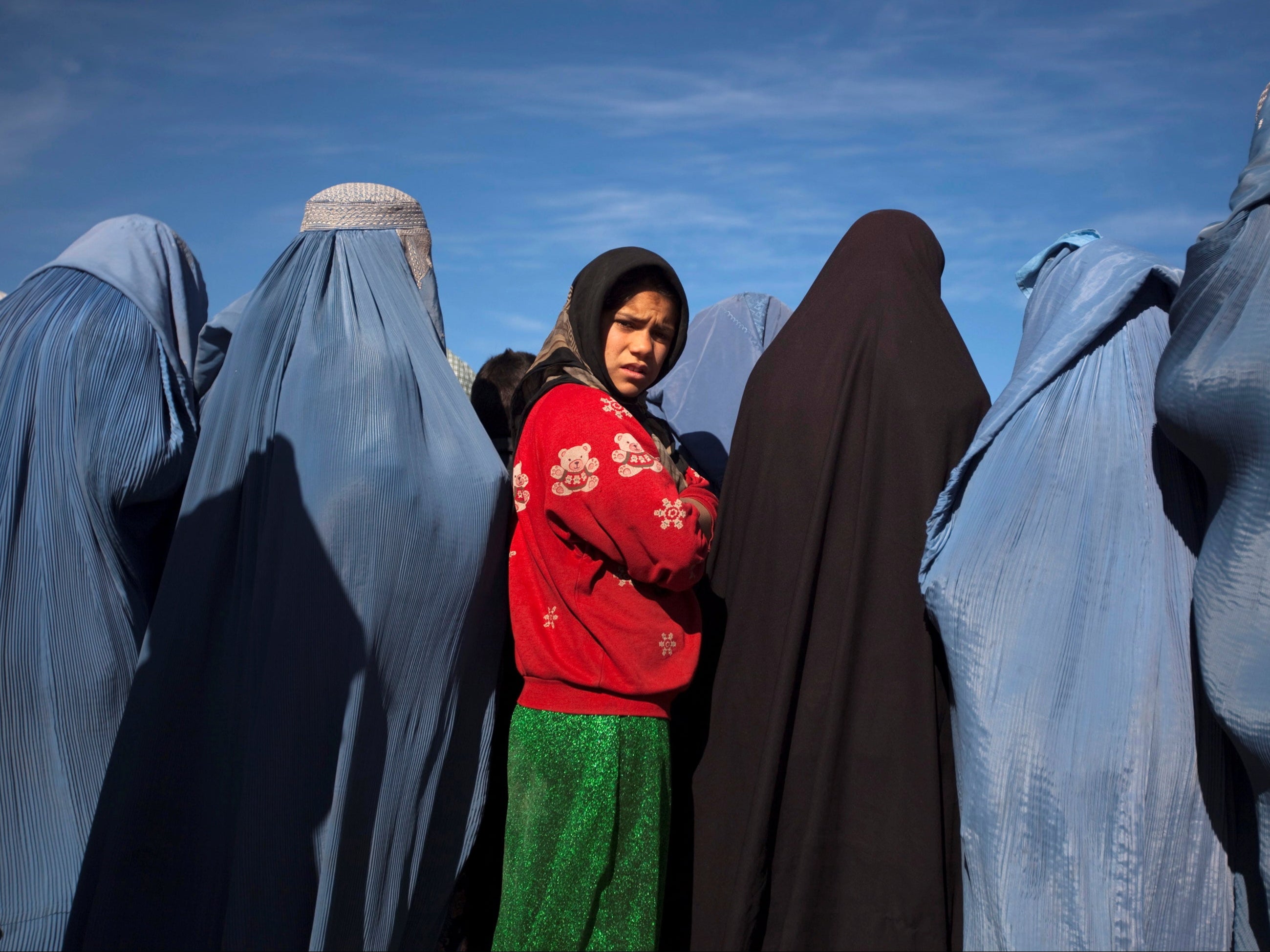My thoughts are with Afghanistan’s people and the pain they must feel
A visit to the region in 2000, specifically the Hunza Valley, is one that I will not forget in a hurry, writes Katy Brand


In the summer of 2000, I travelled with my boyfriend by road and rail from Shanghai to Islamabad. The final part of our journey taking us down through the Hunza Valley on the Karakoram Highway, the road that leads through the mountains and on to Islamabad. It was just over 12 months before 9/11, which then led to stringent Foreign Office advice not to visit this area under any circumstances.
I do not have a word larger than "spectacular" to describe the landscape and so it will have to do but it barely covers it. Your breath will truly be taken away, and not just because of the altitude. Or the death drop on one side of the road. As we set off on one of the brightly coloured hand-painted buses that beetle along the narrow mountain passes, I had my face pressed to the glass.
There are dramatic plunges into river ravines, occasionally with a wrecked bus at the bottom. You will see a shimmering plateau of silver desert spiked with pale grass that suddenly leaps up to meet the sky in huge snowy peaks. Ancient cave mouths appear and disappear in the rock folds, and then the next thing you are alongside a glacier from the last Ice Age, creeping onto the road. It’s hard to describe. As you can probably tell.
I remember thinking: if you wanted to hide, you’d hide here. Never in my life have I felt so far from the world I knew, and yet there was an absolute serenity to the place. It wasn’t lonely, or barren. It felt secret and lush. And then a year later, 9/11 happened – and the main figure behind the attack, Osama bin Laden, was believed to be hiding here. And I thought again: they will never find him. Not in these vertiginous, gravity defying mountains. How would you even begin to look? Ultimately of course, he moved to a complex of houses and that did for him.
I had little sense of danger at that time, except that we were told by the driver not to get off the bus when we skirted the border with Kashmir as kidnappings were becoming increasingly frequent. Terrorism was barely mentioned but there was a distinct hum of something growing.
We did briefly get off later for a toilet break. It was the middle of the night, and there were two makeshift kiosks at the roadside. One was selling cubes of lamb fat grilled over a fire, which smelled delicious. The other was a foldaway table of the type you might find at a church jumble sale. It had a pink table cloth with a lace hem on it, and on top of that were half a dozen different guns available for purchase. I didn’t stop to browse, but I did notice a small pistol had a tag tied to it. It was $15.
The nearness of Afghanistan at that time was not presented as a threat to our safety. Its presence and importance in this particular region though was clear. Many experts have written about the so-called "Great Game" – the 19th-century battle between British and Russian imperial forces who in turn met the might of the local warlords for control of trade routes and natural resources. I am not one of those experts, so I am not going to attempt to contribute. It was an education to me, though, the long and troubled story of the many conflicts here.
The Hunza Valley is peopled by members of an ethnic group called the Wakhi, who also call themselves Khik. Their ancestral regions cover parts of Pakistan, Afghanistan, Tajikistan and China. The "Great Game" created boundaries between these countries that previously did not exist. Their lifestyle is nomadic, often with summer and winter homes in different parts of the surrounding lands. They mainly follow Shia Islam, and are led by the Aga Khan. Pictures of him were everywhere we went, and in accordance with his teachings, women noticeably played more of a role in public.
One day my boyfriend and I climbed up a steep slope that led out of a small village. Here the ground was soft and verdant and all around there were red grapes growing. He climbed a little way above and I sat down to rest on a ledge. I heard some rustling and giggling, and then about a dozen little girls revealed themselves to me from behind a bush. We all smiled shyly. They sat around me in a circle.
We told one another our names and then we ate the grapes together. The mountain air was fresh and sharp and the sweetness of the fruit was delicious. There was a gentle magic to it. I have never forgotten it. I have been thinking about those little girls a lot this past week, as like everyone I have watched the catastrophe unfold with impotent horror.
They would be in their late twenties now. I wonder where they are. I hope they’re alright.



Join our commenting forum
Join thought-provoking conversations, follow other Independent readers and see their replies
Comments